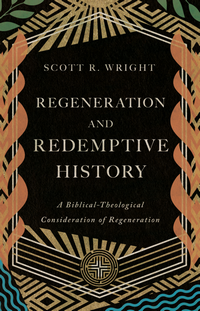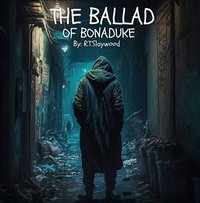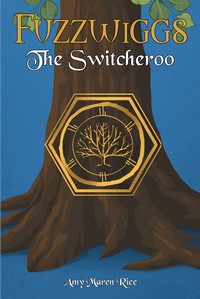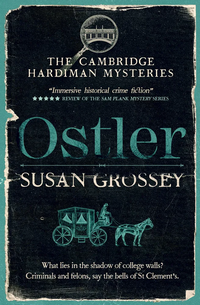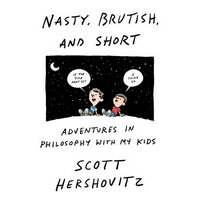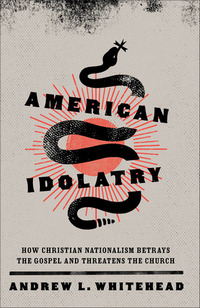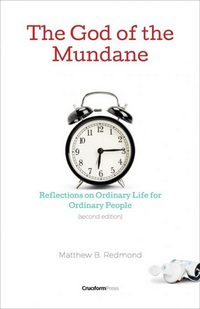 The God of the Mundane:
The God of the Mundane:
Reflections on Ordinary Life
for Ordinary People
DETAILS: Publisher: Cruciform Press Publication Date: April 3, 2021 Format: eBook Length: 146 pg. Read Date: December 24, 2023

What’s The God of the Mundane About?
So I wondered. I wondered about the great majority I have known and know, the great majority living fairly ordinary lives.
Is there a God, for instance, for those who are not changing anything but diapers? Is there a God for those who simply love their spouse and pour out rarely appreciated affection on their children day after day? Is there a God for the mom who spends what feels like God- forsaken days changing diapers and slicing up hot dogs? Is there a God for the man who hammers out a day’s work in obscurity for the love of his wife and kids? Is there a God for just and kind employers? Generous homemakers? Day-laborers who would look at a missions trip to Romania like it was an unimaginable vacation?
Is there a God for the middle-class mom staving off cancer, struggling to raise teenagers, and simply hoping both Mom and Dad keep their job? Is there a God for the broken home with a full bank account but an empty bed? Is there a God for grown children tending to the health of their aged parents?
Is there a God who delights in the ordinary existence of the unknown faithful doing unknown work? Is there a God of grace for those who live out their faith everywhere but do not want to move anywhere?
Is there a God for those who have bigger homes than me? More money than me? Nicer cars than me? Better health than me?
Is there a God for the mundane parts of life, the small moments? Is there a God of kind smiles, good tips, and good mornings? Is there a God of goodbye hugs and parting kisses? What about firm, truthful handshakes and grasps of frail fingers in sanitized hospital rooms?…
Is there a God of the mundane?
Does this God I worship care about mundane people and moments?
The answer to this question is, obviously, yes. In fact, almost every believer, Redmond argues lives the kind of quiet life that most contemporary preachers ignore—quiet, faithful, mundane. Ordinary. (Redmond limits his arguments to New Testament believers through the present. He could’ve/should’ve gone back to Genesis if you ask me).
There’s some gentle critique of contemporary Evangelical preaching and the kind of striving for the monumental it encourages—calls for, but largely this is a positive book. Redmond is primarily focused on saying, “Your ordinary life is good. It’s nothing to be ashamed of if you’re being faithful.”
Horton’s Ordinary
It’s been nine years or so since I read it, but this book felt a lot like Michael Horton’s Ordinary: Sustainable Faith in a Radical, Restless World. I do think that Horton did a better, or at least, more thorough job of looking for the quiet, unremarkable life. And people who read and gained from Redmond should hunt Horton’s book down.
But every time I started to say something comparing the two in my notes, Redmond would say something in a way that caught me off guard. A way of framing his argument that raised my eyebrows, an illustration that made the point so clear.
So I’m not going to make any other comparisons between the two, I’m just going to say that these two are singing from the same hymn book and I hope their tribe increases. If you liked one, read the other.
So, what did I think about The God of the Mundane?
missed the obvious: the apostles are writing to normal people. Most of them are nameless. They are Jew and Gentile, yes. But they are also not apostles. And most are not pastors. They are carpenters, farmers, traders, sailors, fishermen, shepherds, guards. They are mothers and fathers and children. Compared to the life of an apostle, their lives are probably mundane. These are ordinary men and women believing an extraordinary story…
But he never asks them to stop being who they are. He never challenges them to go anywhere. We don’t even get hints that he is making them feel guilty for living with comforts he doesn’t enjoy. That’s weird. It’s weird because this is so common in our pulpits and in conferences held for zealous college students.
I’ve cut so many things from the outline I dashed out before starting this post—basically, I was going to end up providing a compressed paraphrase of this entire book as a disguise for talking about it. I don’t want to do that. But it’s tempting.
I do think that Redmond makes some of the same points too often. That’s not a crime in books, obviously, but in 146 pages, that kind of thing stands out. He could’ve added a little variation to some of his arguments, etc. to keep the text fresh. But his writing is clear, convincing, and engaging. You can easily see yourself getting this advice from a trusted friend across the table at a coffee shop or diner.
This isn’t classroom wisdom or what an Ivory Tower will come up with. It is pulpit wisdom. It’s like an application of everything the Preacher says in Ecclesiastes—and is almost as wise. It’s also the wisdom of someone who’s been around a while, has seen a lot, and has learned from that—and then coupled that experience with what the Scriptures say. (also, I just said the same thing three times in different ways) As such, it’s something we should at least hear out.
I didn’t mean to buy this book, I’d meant to put it on a “think about this later” list, but a slip of the finger later, and I had another ebook to read. I’m glad I got this, it’s not quite what Ross means when he talks about happy little accidents, but it works for me. This was encouraging to me. It was a reminder of principles I’ve tried to live by—and who doesn’t need a good reminder like that from time to time.
Do I think it could’ve been a better book? Yes. Do I think it’s a little surface-level, and frequently redundant? Sure. But when it’s good—it’s really good. It would’ve taken doubling (at least) the length of the book for it to be the kind of “better” I want—and would almost certainly leave it as the kind of thing that so many who need to read it won’t bother with. And frankly, a good message, wise words, or however you want to put it, means more than a good book any day.
But I say: Be nobody special. Do your job. Take care of your family. Clean your house. Mow your yard. Read your Bible. Attend worship. Pray. Watch your life and doctrine closely. Love your spouse. Love your kids. Be generous. Laugh with your friends. Drink your wine heartily. Eat your meat lustily. Be honest. Be kind to your waitress. Expect no special treatment. And do it all quietly.

This post contains an affiliate link. If you purchase from it, I will get a small commission at no additional cost to you. As always, the opinions expressed are my own.
![]()



